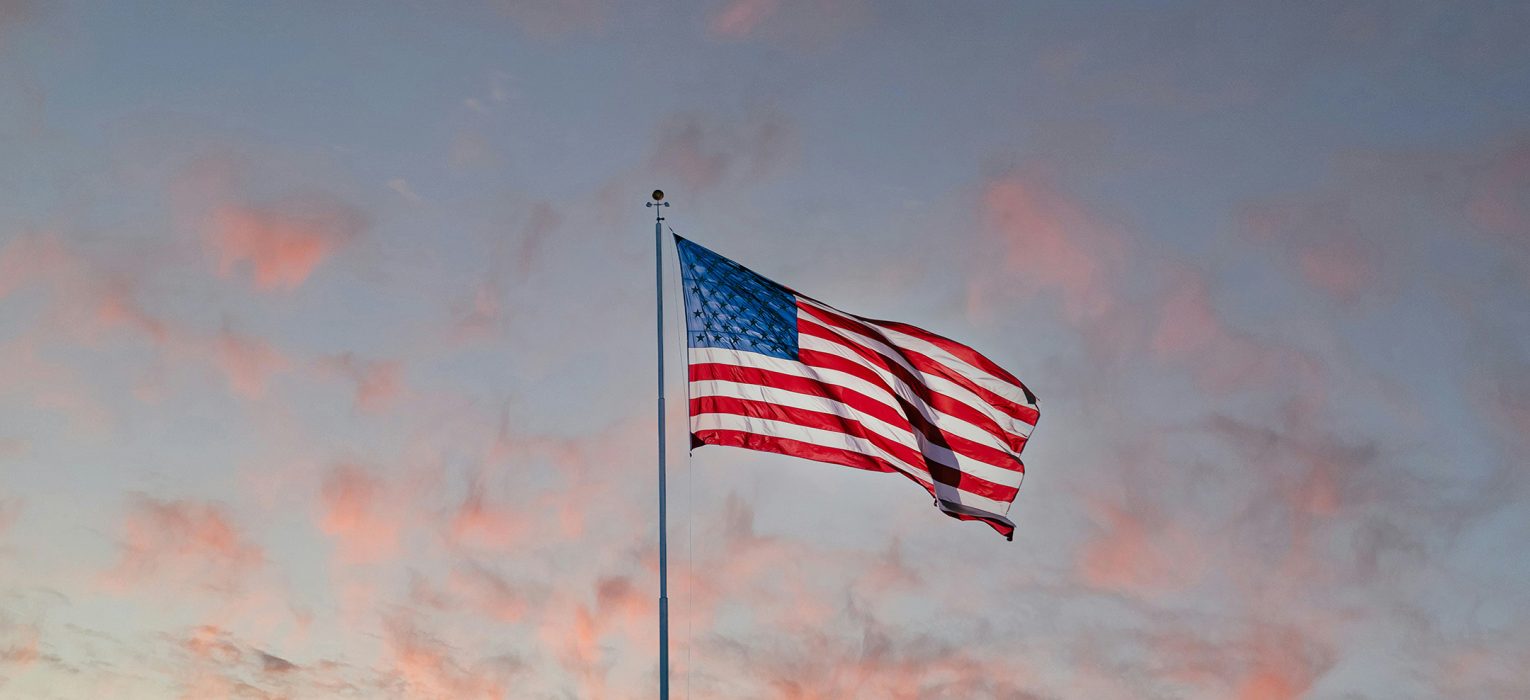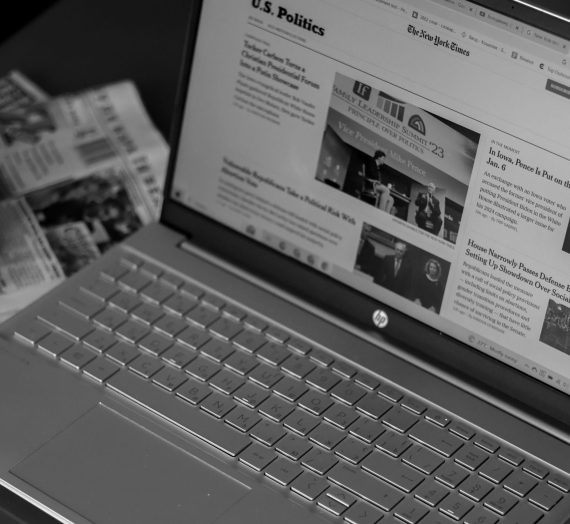As online political discussions become more prevalent, how does anonymity affect the way we communicate across the political spectrum?
If you’ve ever read through the comments section of controversial political posts on social media, you’ve probably noted how hostile some comments tend to be. When masked behind usernames and separated by unknown distance, participants in online political discussions are not confronted with the same constraints that shape face-to-face political discourse.
More and more political discussions are taking place online, and anonymity plays a nuanced role in the way participants interact with one another. So what are the characteristics of anonymous political posts? And is anonymity a good or bad thing?
THE RESEARCH
In a research article entitled “Who Taught You to Talk Like That?: The University and Online Political Discourse,” researchers Elizabeth S. Smith and Alison Bressler explored how college students and faculty at Furman University (a private liberal arts college in Greenville, South Carolina) engaged in political discourse.
Researchers gathered 214 comments posted by students and faculty on an article describing a political controversy at Furman University. They coded the comments twice: first, for whether the comment was polite or impolite (defined by the presence of name-calling, aspersions, synonyms for liar, hyperbole, pejorative speech, vulgarity, or sarcasm); then, for whether the comment was anonymous or not anonymous. Of all the comments, 71 percent were anonymous, and about 43 percent of the anonymous comments were impolite. However, the results for non-anonymous comments were quite different: of the 63 comments that were not anonymous, only 32 percent were impolite.
The researchers calculated that the difference between the total instances of impoliteness in anonymous and non-anonymous posts was statistically significant. They concluded that “anonymity indeed seemed to provide people the ability or willingness to be uncivil in ways that non-anonymous posters were not” (466).
However, the researchers’ analysis shows that anonymity in political discussions is a double-edged sword. On one hand, researchers reported that anonymity provided some responders with a level of comfort to express themselves without risking interpersonal conflict or a damaged social standing. On the other hand, anonymity allowed responders to exhibit greater incivility because they were less inhibited by social conventions and restraints.
THE IMPLICATIONS
So, is anonymity good or bad in online political discussions?
Even though anonymous posters tend to be more impolite, researchers Smith and Bressler say that impoliteness (even anonymously) “can be a powerful tool used to make a point effectively or to reestablish or challenge authority” (465).
“Democratic discourse is a complicated privilege in a free society.”
Smith & Bressler (2013)
However, this is no excuse to be flagrantly impolite. It may be difficult to find a balance between anonymity and impoliteness, but “democratic discourse is a complicated privilege in a free society” (469). So even though it may be complicated, we can view democratic discourse as a privilege, show respect to those across the political spectrum, and aim to exercise our privilege well, even if our names are not associated with our words.
To learn more about Smith and Bressler’s research, as well as their recommendations for teaching greater political civility in higher education, read the full article:
Smith, Elizabeth, and Alison Bressler. 2013. “Who Taught You to Talk Like That?: The University and Online Political Discourse.” Journal of Political Science Education, 9, 4: 453–73. https://doi.org/10.1080/15512169.2013.835565.
—Sarah Griffin Anderson, Netiquette
FEATURE IMAGE BY iSTRFRY MARCUS
Find more research
Take a look at London Brimhall’s Editing Research article to learn how politeness affects people’s willingness to engage in political conversations: “How Politeness Affects Engagement in Politics Online.”
Read Patrícia Rossini’s (2020) article to find out more about the contextual features associated with incivility and intolerance online: “Beyond Incivility: Understanding Patterns of Uncivil and Intolerant Discourse in Online Political Talk.” Communication Research 49 no. 3: 399–425. https://doi.org/10.1177/0093650220921314.



